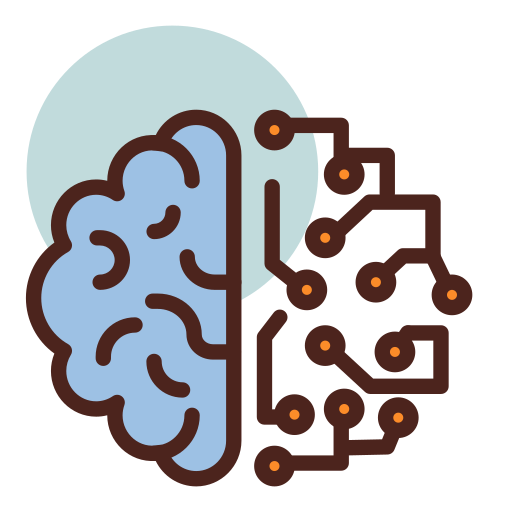Neuroplasticity

Neuroplasticity refers to the brain’s ability to change and adapt in response to new experiences or stimuli. This ability allows the brain to reorganize neural pathways, create new connections, and even generate new neurons.
Research has shown that neuroplasticity can be harnessed to improve mental and emotional well-being. One study published in the Journal of Psychiatric Research examined the use of neuroplasticity-based interventions for treating depression and anxiety.
The study found that interventions that targeted neuroplasticity, such as cognitive training, mindfulness meditation, and aerobic exercise, were effective in reducing symptoms of depression and anxiety. These interventions were able to enhance neural connectivity and function in areas of the brain involved in emotion regulation and cognitive control.
The researchers concluded that understanding and harnessing neuroplasticity can provide new avenues for treating mental health disorders and promoting well-being.
Practicing consistently is the key to mastering new skills.
Blog Categories:
Fundamentals | General | Emotions Explained | Exercises Explained | Personal Relationships | Organizations | Video Blogs | Written Blogs | Latest Blogs
